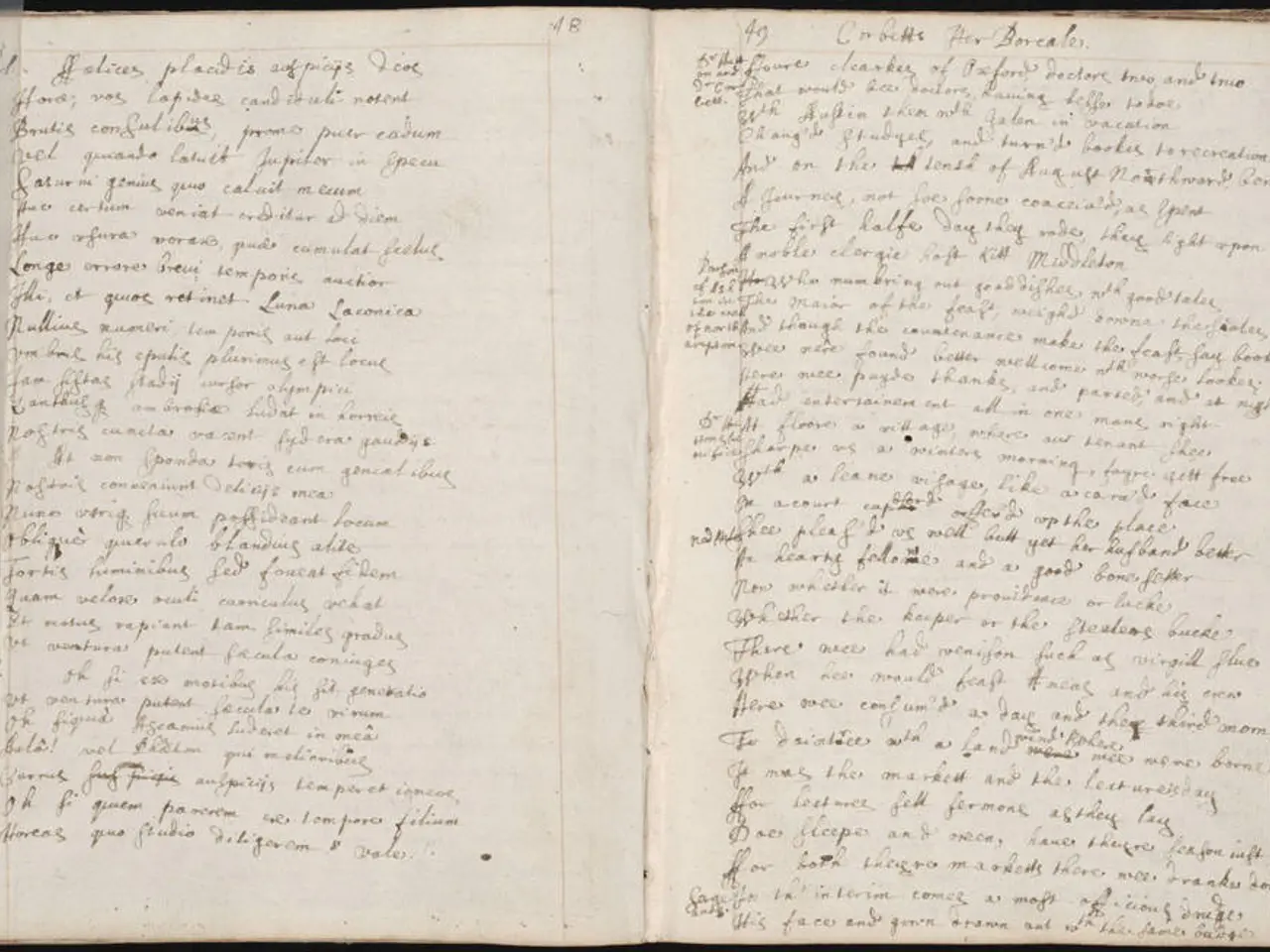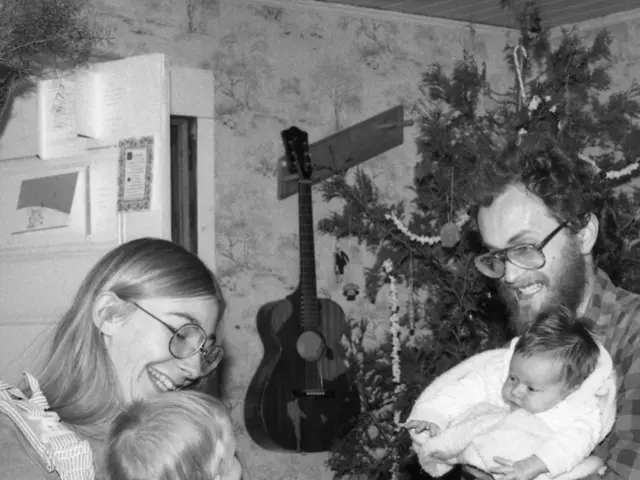Worthlessness of the item is questionable.
In the digital age, open letters have become a popular tool for celebrities to express their moral and social stances, with the latest example being an open letter about the ongoing Gaza war.
According to Malcolm Gladwell's essay "Small Change", social media cannot deliver what societal change has always required, such as rational, power-free discourse. Yet, open letters continue to be used as a form of moral self-presentation by celebrities, acting as visible, ethically charged performances of self in a socially constructed public sphere.
An open letter about the Gaza war, circulated by over 367 celebrities on July 31st, 2022, calls for an immediate stop of German arms exports to Israel, suspension of the association agreement between the EU and Israel, and an immediate ceasefire and unhindered access for humanitarian aid. The signatories, which include Jella Haase, Daniel Brühl, and Joko Winterscheidt, among others, appreciate the stance taken by Friedrich Merz but state that words alone do not save lives.
The open letter, however, does not provide a response system for arguments, making it a kind of moral newsletter where the list of signatories is the message. It does not surprise with unusual alliances, intellectual arguments, or potential for contradiction, but seeks consensus instead of confrontation. The signatories did not edit or check the letter's plausibility beforehand, reflecting the open letter's function less in appealing to the powerful, but more in maintaining a moral image for followers.
The open letter about the Gaza war has received significant media attention in Germany, raising questions about its impact on societal change and discourse. While open letters can draw significant public attention to social injustices and support marginalized voices, they can also be critiqued for oversimplifying complex issues or serving as performative gestures that prioritize personal branding over substantive change.
The philosopher Hanno Sauer, in his new book "Class - The Emergence of Top and Bottom", writes that moral self-presentation, or virtue signaling, is a new form of self-presentation. This practice, which celebrities engage in through open letters, leverages the social construction of the self in public discourse, blending private moral reflection with public accountability, often aiming to influence societal attitudes or catalyze change.
However, the implications of this practice on societal change and discourse are mixed. On one hand, celebrity open letters can draw significant public attention to social injustices, support marginalized voices, and provoke important conversations that may contribute to cultural shifts or policy changes. They serve as strategic tools for moral leadership and social influence, often embedded within broader movements or moments of social reckoning.
On the other hand, such letters can be critiqued for their potential to oversimplify complex issues or serve as performative gestures that prioritize personal branding over substantive change. The merging of intimate self-exposure with public moral statements may also risk reinforcing polarized discourse or creating a feedback loop wherein authenticity is constantly questioned, and audiences are subjected to performative social rituals rather than meaningful dialogue.
In summary, open letters serve to enhance one's own moral authority, rather than to directly influence decision-makers. They are part of a professional campaign logic, aimed at generating media attention and public support. While they have the potential to bring about meaningful change, they also raise concerns about the authenticity and effectiveness of such interventions in driving sustained social change.
Meanwhile, some SPD elder statesmen have shown more courage and willingness to engage in discourse, publishing a "manifesto" on Russia a few weeks ago. As the debate on open letters and their impact on societal change continues, it is clear that the practice of moral self-presentation through open letters is a complex issue with far-reaching implications.
[1] Adapted from the provided bullet points.
Celebrities often utilize open letters as a platform to express their moral and social stances, particularly in pop-culture and entertainment. For instance, an open letter about the Gaza war, signed by 367 celebrities, aimed to advocate for an immediate ceasefire and unhindered access for humanitarian aid. Despite its potential to bring attention to social injustices, the open letter functions more as a means of fostering a moral image for followers, rather than appealing to decision-makers or driving sustained social change.





